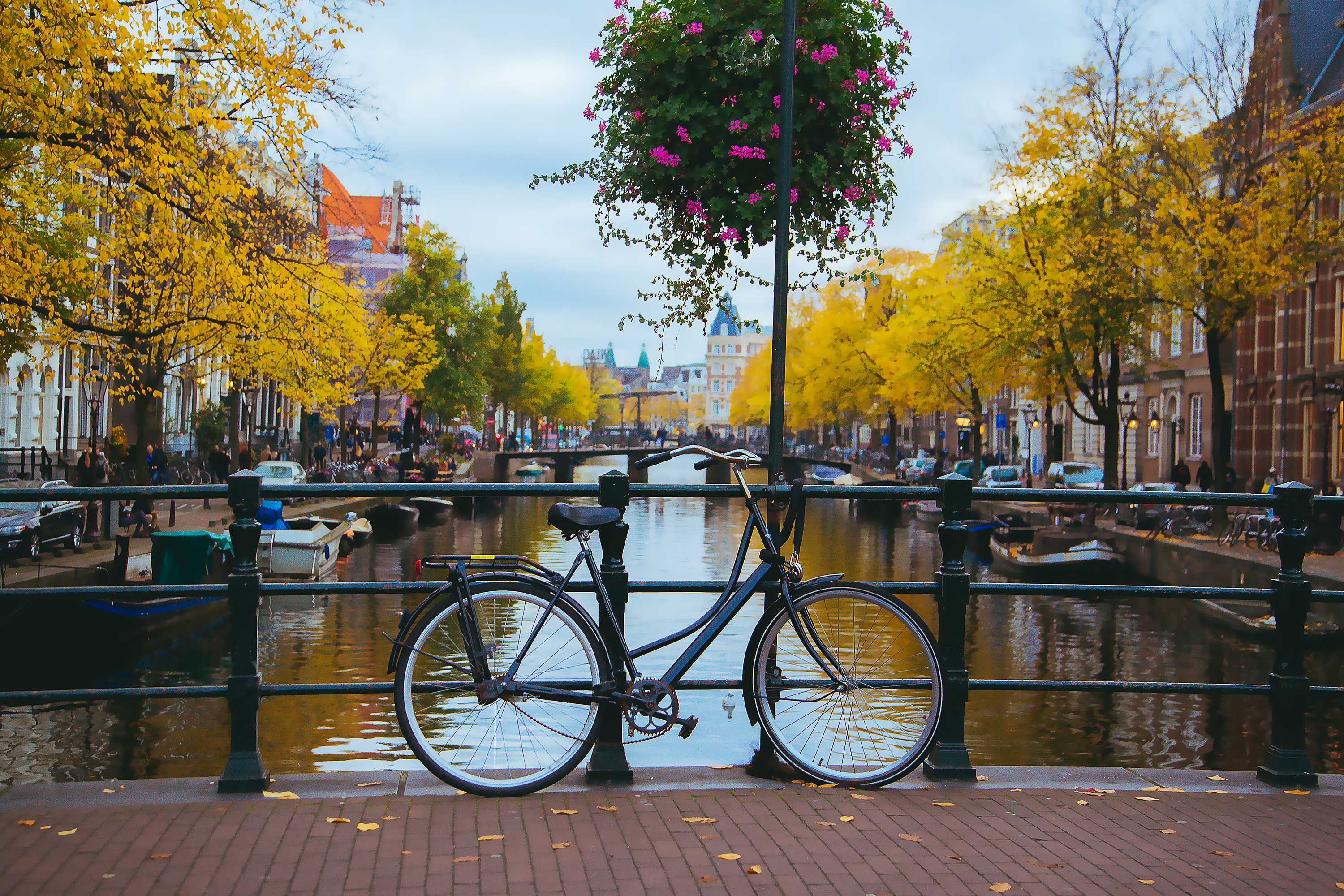
How to be Environmentally Friendly on the Road
Sustainable travel is the way forward. Sometimes when we’re travelling the world, it’s easy to forget the impact we have on our planet. We’re all guilty of this; but it’s never too late to start adopting more sustainable travel habits no matter how big or small the efforts. Since the planet needs our help more than ever, why not try and reduce your carbon footprint on your adventures? To do your bit for the planet, learn a few easy ways to be environmentally friendly on the road. We’ve rounded up 7 easy ways so you can get started…
And if you’re already making an effort to travel sustainably, we’re proud! Keep it up!
Walk or cycle as much as possible

ne of the easiest ways to reduce your carbon footprint is to skip the taxi, bus or tram and make your way around a city on foot or by bike. Whatever city you visit you’ll be able to find somewhere that hires out bikes easily, and it’s usually pretty cheap too. So forget forking out on an all-day transport ticket and use your two feet for free! The people of Amsterdam love riding around the city on two wheels, so you certainly won’t be alone there. Plus, the cycle paths and flat roads make it one of the safest places to ride a bike in Europe.
Carry reusable products with you

Reusable water bottles, tote bags, cutlery and flasks are just a few of the handy items you can carry around with you that will help do your bit for the environment. Do your best not to buy single-use plastic bottles or plastic cutlery to go with your picnic and pack your own that can be washed and reused for your entire trip.
Consider how much meat you consume

While being vegan might be a stretch too far for most people, cutting down on the number of meat-based meals you have will eventually have a positive impact on the environment. Opt for vegetarian meals more often, or even try out being vegan. The farming industry is a huge contributor to greenhouse gas emissions - it might surprise you that it’s even more than all transport emissions combined! Next time you’re choosing what to eat while on your travels, consider a veggie option, you’ll probably find it’s even tastier than you expect.
Inter-rail around Europe and avoid flying!

It’s pretty hard to avoid flying to get to your destination.However if you’re travelling from city to city and there’s a train route or another travel option, opt for that instead. It’s far better for the environment than travelling by air. That’s why interrailing is such a fantastic option in Europe, interlinking you to different cities and countries around the continent. Ground transport tends to have less of an impact on the environment. Did you know the aviation industry is actually responsible for 2% of all man-made carbon emissions?
Find a hostel that’s within walking distance of almost everything

Choosing a hostel in a central city location is the best thing you can do. It means you can walk or cycle to pretty much everywhere and limit the amount of time you spend on public transport. Just think - if every single backpacker or commuter in a city relied solely on a bicycle to get around, one day it could result in less trains on the tracks meaning less harmful emissions.
Sometimes a hostel on the outskirts of a city could tempt you with cheaper prices, but it’s so worth spending that extra money on a central location - not only are you able to get around more sustainably but it will save you money on travelling into the city too.
Choose accommodation based on how eco-friendly they are

There are some things you aren’t in control of when travelling. You can’t change the weather. You can’t control the crowds. But one thing you do control is where you choose to stay in a new city. Try and stay in accommodation that’s either eco-friendly or trying to be more eco-friendly.
There are many hostels and eco-hotels that are putting sustainability at the top of their priority lists this year. St Christopher’s Inns hostels around Europe are a prime example of this. Same with the Flying Pig hostels which is owned by the same company ‘Beds and Bars’; we’ve hired a full-time Sustainability Manager to help introduce more eco-friendly initiatives in our hostels. A good way to check if a hostel is trying to be more eco-friendly is just a simple check of the website. Whether it’s reducing paper use, ditching plastic or recycling batteries, there are so many ways a hostel or hotel can help do their bit.
Here are just a few of the ways we are making positive changes to our hostels. Learn more about St Christopher’s Inns and the The Flying Pig hostels ‘Love Your Planet’ campaign here.
Need a hostel in Amsterdam? Check out the Flying Pig
Article by Shereen Sagoo and Darcy King






